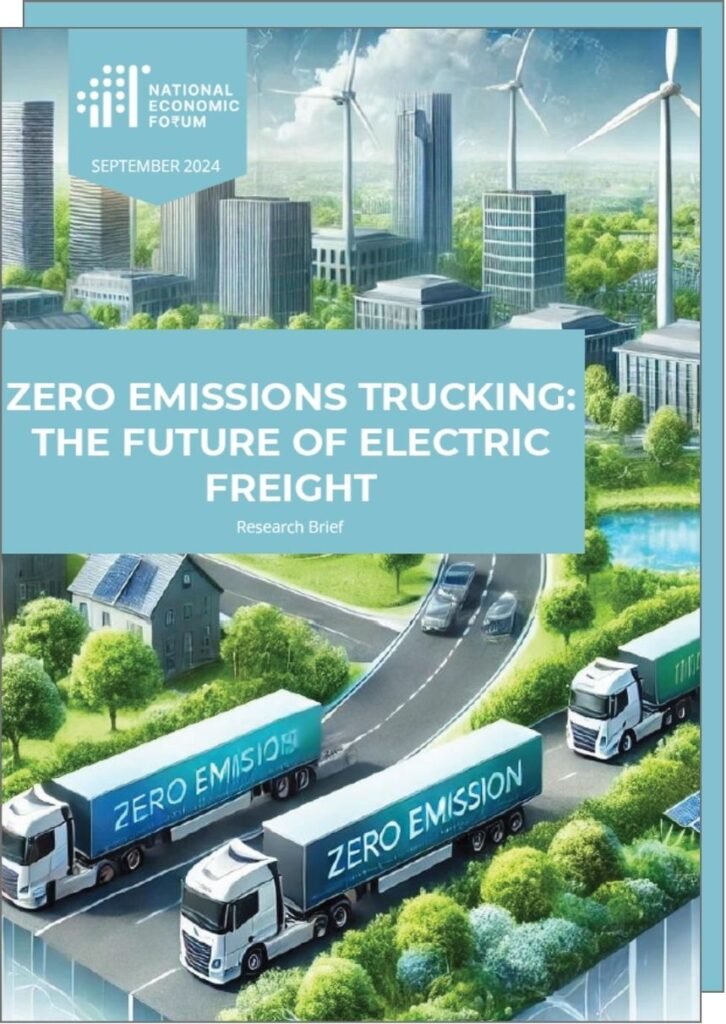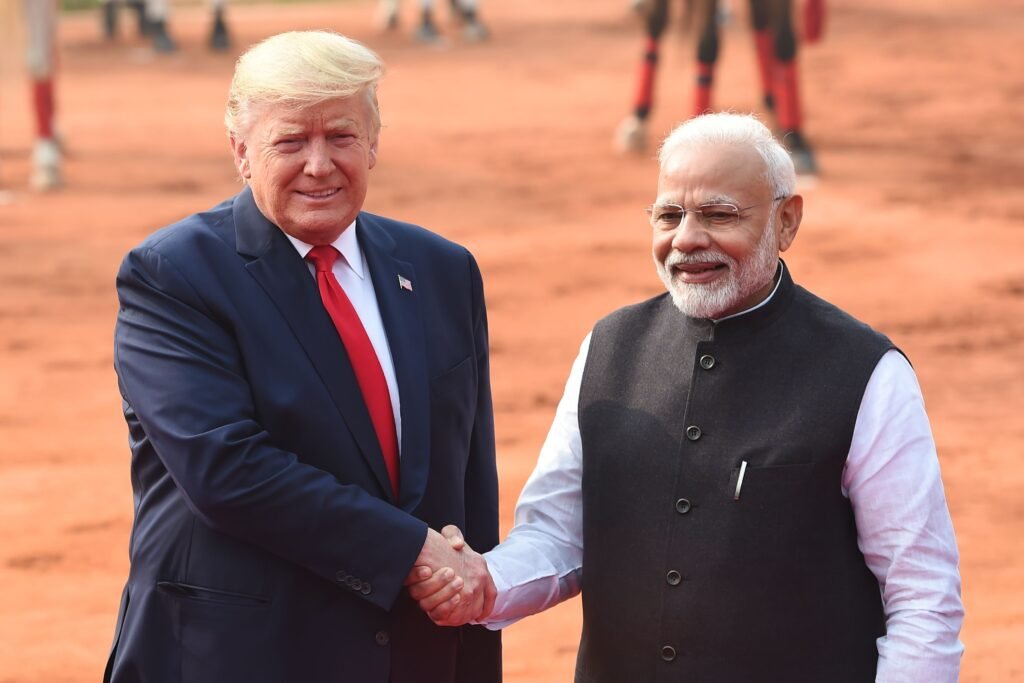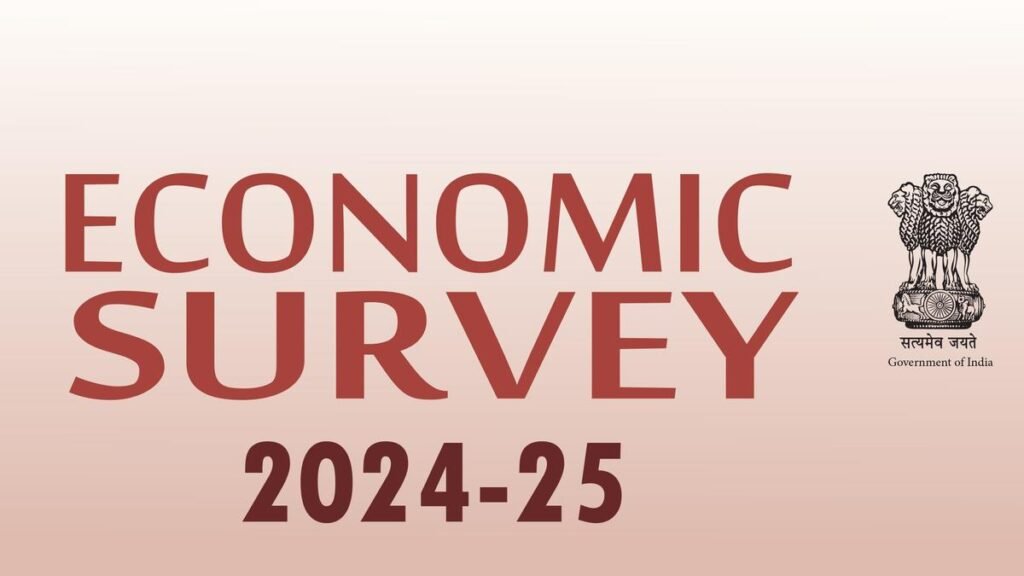Growth and Economy
Geoeconomics studies how nations use economic tools, like trade, sanctions, and investments, to achieve geopolitical goals. It highlights the strategic use of economic power to influence global politics, control resources, and compete in technology and international relations.

3 September 2024
Zero Emission Trucking – The Future of Electric Freight
Lorem ipsum dolor sit amet, consectetur adipiscing elit. Ut elit tellus, luctus nec ullamcorper mattis, pulvinar dapibus leo.

3 September 2024
Zero Emission Trucking – The Future of Electric Freight
Read >>

3 September 2024
Zero Emission Trucking – The Future of Electric Freight
Read >>

3 September 2024
Zero Emission Trucking – The Future of Electric Freight
Read >>

3 September 2024
Zero Emission Trucking – The Future of Electric Freight
Read >>

3 September 2024
Zero Emission Trucking – The Future of Electric Freight
Read >>

3 September 2024
Zero Emission Trucking – The Future of Electric Freight
Read >>
Geoeconomics is a field that merges economics with geopolitics, focusing on how countries leverage economic tools to achieve political goals and strengthen national power. In today’s interconnected world, nations deploy trade policies, foreign investments, sanctions, and resource management not only to gain economic advantages but also as strategic assets to influence other states. This approach reflects a shift from traditional military actions toward economic measures as a means of shaping global power dynamics.
Geoeconomic strategies impact international relations by shaping alliances, rivalries, and regional stability. For example, trade agreements can solidify diplomatic ties, while tariffs and sanctions can economically pressure or isolate certain nations. This interplay between economic policies and political objectives allows countries to pursue their interests with far-reaching effects on the global stage.
The competition for technological supremacy, such as in artificial intelligence and 5G, also illustrates geoeconomics in action. Dominance in these fields offers both economic and security advantages, positioning countries as leaders in the modern geopolitical landscape.






